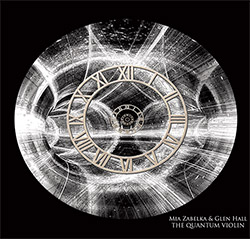
The intersection of Austrian violinist, vocalist and sound artist Mia Zabelka and Canadian sound artist and multi-instrumentalist Glen Hall, using recordings of live improvisations, electronics and unusual applications of software to structure fourteen compositions of accomplished playing and startlingly unpredictable sound, a magnificent and often breathtaking journey.
In Stock
Quantity in Basket: None
Log In to use our Wish List
Shipping Weight: 3.00 units
Sample The Album:
Mia Zabelka-violin, e—violin, voice, electronic devices, software
Glen Hall-software, electronics
Kenji Siratori-voice
Click an artist name above to see in-stock items for that artist.
Label: FMR
Catalog ID: FMR 622
Squidco Product Code: 31220
Format: CD
Condition: New
Released: 2021
Country: UK
Packaging: Digipack - 3 panel
Recorded by the artists.
"Atomized, interpolated, reconfigured, mosaiced, cut-up, transported to the sonic territories of quantum interactions, the musical collaboration of Austrian violinist, vocalist and sound artists Mia Zabelka and Canadian sound artist Glen Hall bends the clock of real time music. In enteres a realm of vibrational implants, phase vocoded reversals, spatialized architectures and unforseen happenstances. The Quantum Violin is a virtuoso escape hatch out of our imagination's box."-from the liner notes
Artist Biographies
• Show Bio for Mia Zabelka "Mia Zabelka is a sound artist, violinist and vocalist from Vienna, who creates hauntingly sensual music and is regarded as one of the leading 21st century proponents of what is known as experimental violin music. Mia Zabelka's projects show her exceptional mastery and a deep understanding of the violin, be it acoustic or electric, solo or as part of a collective. In her hands the boundaries of this instrument fade and paths to uncharted sonic territory open, as she bends genres, the conventional use of electronics and the human voice to expand the spectrum for her to paint her musical language in. Live in concert Mia Zabelka is an electrifying performer. In any context, she has the uncanny knack of commanding the stage and always being the centre of an audience's attention, achieved by the intensity and focus of her performances, rather than any gratuitous showmanship. At the age of seven, Mia Zabelka discovered the violin. She was eager to find out how this musical object could produce interesting sounds when touched with a wooded stick strung with horsehair. Zabelka was already able to play works by the fabled virtuoso Nicolo Paganini in her first year of instruction on the instrument and at 12 was the youngest member of the Austrian Youth Orchestra. During her classical training with Alexander Arenkov, an assistant of David Oistrach, at the Vienna Conservatory of Music, she already began to play with various jazz and rock bands. With her inborn curiosity for the new and all that was unexpected Mia Zabelka then turned to the study of electroacoustic music at the University of Music and Performing Arts in Vienna , creating a foundation on the basis of which she continues to construct and explore the limits of sound and music in a language entirely her own. She has now developed a unique language based on the de- and reconstruction of the violin's sonic possibilities for over 20 years, expanding the range of the instrument using live electronic devices, preparing it through the insertion of alien objects between or on the strings and innovative performance techniques. Mia Zabelka describes this process as Automatic Playing, continuously exploring sound and music as physical phenomena, always pushing back the boundaries in experimental performances and compositions that question established notions, improving the available techniques and given structures. Her openness to the most varied musical directions and eclectic artistic influences have resulted in collaborations with numerous prominent international artists including John Zorn, David Moss, Pauline Oliveros, Elliott Sharp, Dälek, Audrey Chen, Maria Chavez, Robin Rimbaud aka Scanner, Lydia Lunch and Electric Indigo among many others. She has been the artistic director of phonofemme Vienna, an international festival of female experimental music and sound art, since 2009. In 2007 Mia Zabelka founded the Klanghaus, a center for sound and interdisciplinary art at her house in southern Styria/Austria. The Klanghaus is a meeting point for international and local artists and hosts the Klang.Zeit festival four times a year." ^ Hide Bio for Mia Zabelka • Show Bio for Glen Hall "Jazz Report calls Glen Hall "Canada's best kept secret." A multi-instrumentalist, improviser, composer, arranger and producer, Hall combines emotion, intelligence and sensuality in his internationally acclaimed recordings and his compelling live performances. His musical goal: to go where there is no map. Hall is an uncompromising artist whose sonic adventures have been joined by such luminaries as arranger-composer Gil Evans, percussion virtuosos Nexus and Trichy Sankaran, trombonist Roswell Rudd, pianist JoAnne Brackeen and a host of others. While critics have found in his music echoes as diverse as Charles Mingus, Frank Zappa, Karlheinz Stockhausen, Ornette Coleman, Brian Eno and Carla Bley, Hall's music bears the unique and unmistakable stamp of a singular individual. The Globe and Mail says he is "aggressively contemporary. Hall has all the marks of an original mind." Glen Hall (b. 7 August, 1950 Winnipeg, Manitoba, Canada) cultivates a dynamic career born of a unique skill-set. Having begun in music as a rock guitarist, he had a musical epiphany hearing the jazz of saxophonist Sonny Rollins and the electroacoustic music of Edgar Varese. On track to become a professor of literature, while writing his thesis on the cut-up technique of William S. Burroughs, he sat in with musicians of Duke Ellington's band, who told him his musical talent should not be wasted. He abandoned academia to study at the Berklee College of Music, studied composition with György Ligeti and Mauricio Kagel and made a career in music. Later on, with the birth of his daughters, he returned to the academic world as is a college professor of communications and modern mystical literature, all the while maintaining his musical output with compositions, recordings and live performances. Since he organized the first one in 2001, Hall has been the creative director of the 416 Toronto Creative Improvisers Festival. Perhaps most significant is Hall's consistent drive towards the cutting-edge of his art, embracing collaborations with artists from a variety of disciplines. He mixes free jazz, free improvisation with live electroacoustics in his compositions and live performances. He is a master woodwind instrumentalist who is also an adept guitarist, percussionist and synthesist. He has incorporated tapes, electronics, synthesizers, and other technology into his performances, compositions and improvisations as far back as 1973. His current focus lies in the use of computers, specialized software and artificial intelligence, combined with his woodwinds, in a process of bringing together disparate sounds, timbres and textures, both in composition and real-time performance. He has done artistic residencies at STEIM (Amsterdam), Electronic Music Foundation (New York), Concordia University's Matralab (Montreal), explored insect communication at the University of Missouri's Reginald Cocroft Lab (Columbia, Missouri) and presented his work at the Kyma International Sound Symposium and IRCAM (Paris) and has been the recipient of a number of Canada Council for the Arts and Ontario Arts Council grants, as well as a Chalmers Arts Fellowship After a 40-year career at the vanguard of his art, when many of his contemporaries have found their signature genre, sound, or process, Glen Hall remains a work-in-progress and a courageous creative visionary." ^ Hide Bio for Glen Hall
3/26/2025
Have a better biography or biography source? Please Contact Us so that we can update this biography.
3/26/2025
Have a better biography or biography source? Please Contact Us so that we can update this biography.
Track Listing:
1. The Quantum Violin #1 4:49
2. The Quantum Violin #2 4:14
3. The Quantum Violin #3 1:51
4. The Quantum Violin #4 4:43
5. The Quantum Violin #5 3:27
6. The Quantum Violin #6 4:09
7. The Quantum Violin #7 2:22
8. The Quantum Violin #8 2:53
9. The Quantum Violin #9 6:39
10. The Quantum Violin #10 5:51
11. The Quantum Violin #11 4:13
12. The Quantum Violin #12 6:08
13. The Quantum Violin #13 5:18
14. The Quantum Violin #14 For Paulne Oiveros 3:47
Electro-Acoustic
Electroacoustic Composition
Electro-Acoustic Improv
Stringed Instruments
Electronic Forms
Duo Recordings
New in Experimental & Electronic Music
Staff Picks & Recommended Items
New in Experimental & Electronic Music
Search for other titles on the label:
FMR.


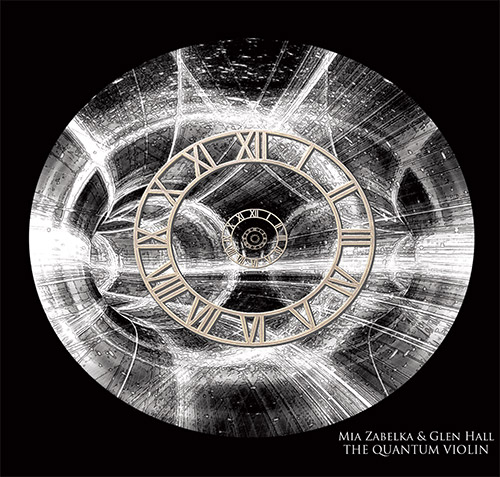

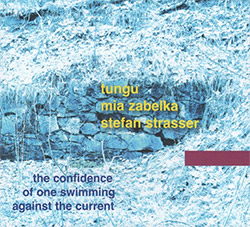
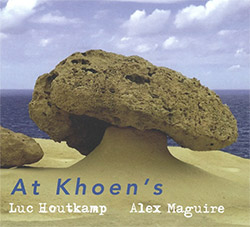
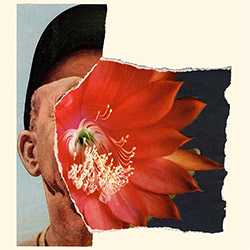
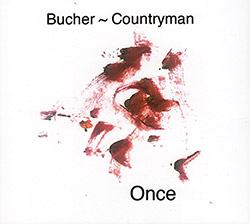

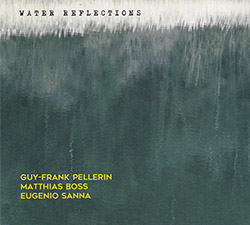
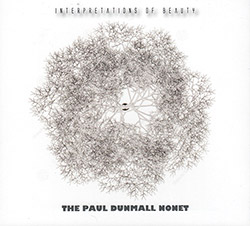
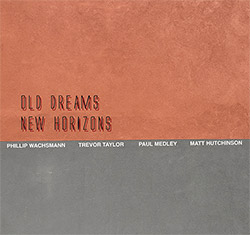


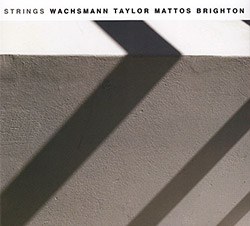


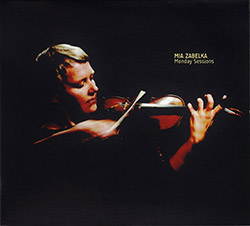
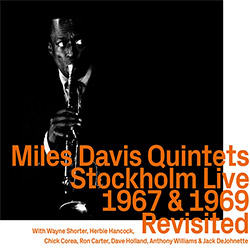



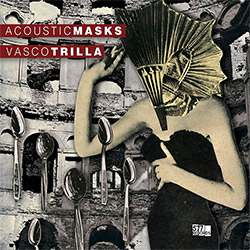
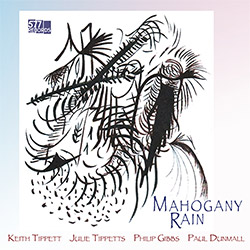
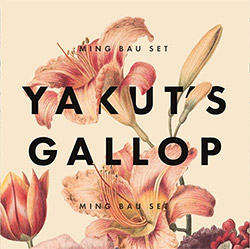
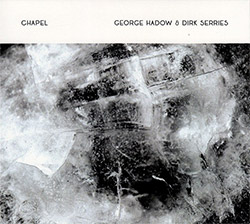
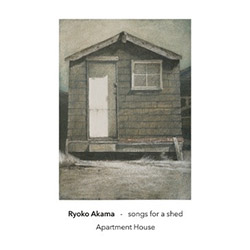

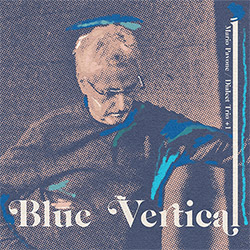






![Ackerley / Prymek / Turner: All Hope With Sleeping Minds [CASSETTE]](https://www.teuthida.com/productImages/misc4/35950.jpg)
![Myers, David Lee : Tin Drop Tear [BOOK w/ DOWNLOAD]](https://www.teuthida.com/productImages/misc4/36030.jpg)



![Schindler, Udo / Sandy Ewen / Damon Smith: Munich Sound Studies Vols. 4, 5 & 6 [3 CDs]](https://www.teuthida.com/productImages/misc4/35966.jpg)






![Turbulence Orchestra & Sub-Units: Smear Out the Difficulties (Double Live) [2 CDs]](https://www.teuthida.com/productImages/misc4/36048.jpg)
![Perelman, Ivo / Tyshawn Sorey: Paralell Aesthetics [2 CDs]](https://www.teuthida.com/productImages/misc4/35871.jpg)


![Sjostrom, Harri: SoundScapes #4 Festival Berlin 2023 [3 CDs]](https://www.teuthida.com/productImages/misc4/35874.jpg)

![Musicworks Magazine: #150 Winter 2024/25 [MAGAZINE + CD]](https://www.teuthida.com/productImages/misc4/36035.jpg)





![Glenn, Jordan: Flustered [CASSETTE]](https://www.teuthida.com/productImages/misc4/35948.jpg)


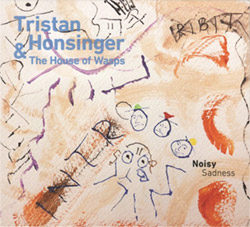
![Lindorff-Ellery, Evan: Church Recordings from Monhegan [CASSETTE]](https://www.teuthida.com/productImages/misc4/35949.jpg)
![Schindler, Udo / Werner Dafeldecker / Gunnar Geisse: Travelling Sound Images - Cognitive Transfers [Trio]](https://www.teuthida.com/productImages/misc4/35767.jpg)

![Egberth, Dennis: The Dennis Egberth Dynasty [VINYL]](https://www.teuthida.com/productImages/misc4/35549.jpg)


![Schindler, Udo / Rieko Okuda / Eric Zwang Eriksson: Disturbed Terrains [2 CDs]](https://www.teuthida.com/productImages/misc4/35330.jpg)
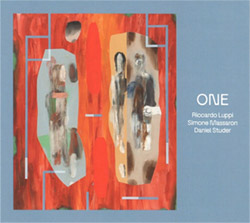
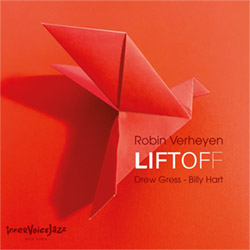
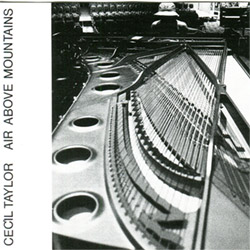


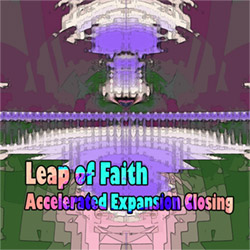
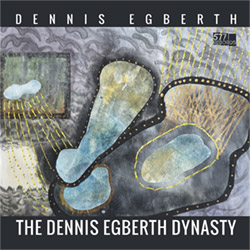
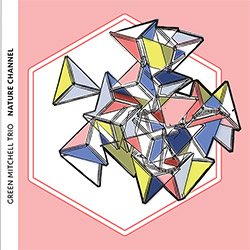

![Wolf Eyes / Anthony Braxton: Live At Pioneer Works, 26 October 2023 [VINYL]](https://www.teuthida.com/productImages/misc4/35839.jpg)




![Olencki, Weston : Pearls Ground Down To Powder [VINYL]](https://www.teuthida.com/productImages/misc4/35956.jpg)
![Myers, David Lee: Oculus [2CDs]](https://www.teuthida.com/productImages/misc4/35857.jpg)


![dustsceawung: dustsceawung [CASSETTE w/ Download]](https://www.teuthida.com/productImages/misc4/35753.jpg)




![Halls of the Machine: Atmospheres For Lovers And Sleepers [CASSETTE w/ DOWNLOAD]](https://www.teuthida.com/productImages/misc4/35806.jpg)



![AHC (Alexander Cooper): Lase [2 CDs]](https://www.teuthida.com/productImages/misc4/35754.jpg)



![Fagaschinski, Kai / Yan Jun : Graveyard Processions [VINYL w/ DOWNLOAD]](https://www.teuthida.com/productImages/misc4/35474.jpg)
![Brant, Cody / Carl Kruger: Smoke Detail [CASSETTE w/ DOWNLOAD]](https://www.teuthida.com/productImages/misc4/35551.jpg)







![Zorn, John / JACK Quartet: The Complete String Quartets [2 CDs]](https://www.teuthida.com/productImages/misc4/35609.jpg)

![Lonsdale, Eden: Dawnings [2 CDs]](https://www.teuthida.com/productImages/misc4/35480.jpg)







![Sanna, Claudio: Compositori Sardi Contemporanei II [2 CDs]](https://www.teuthida.com/productImages/misc4/35317.jpg)







![Zurria, Manuel: Fame di Vento [3 CDs]](https://www.teuthida.com/productImages/misc4/35167.jpg)

![Granberg, Magnus / Nattens Inbrott / Skogen: Holde Traume, Kehret Wieder! [2 CDs]](https://www.teuthida.com/productImages/misc4/35038.jpg)

![Electric Bird Noise / Derek Roddy: 8-10-22 [CD EP]](https://www.teuthida.com/productImages/misc4/35970.jpg)








![Elephant9 : Mythical River [VINYL]](https://www.teuthida.com/productImages/misc4/34624.jpg)



![Elephant9 with Terje Rypdal: Catching Fire [VINYL 2 LPs]](https://www.teuthida.com/productImages/misc4/35355.jpg)
![Deerlady (Obomsawin, Mali / Magdalena Abrego): Greatest Hits [VINYL]](https://www.teuthida.com/productImages/misc4/34876.jpg)







![Surplus 1980: Illusion of Consistency [CD]](https://www.teuthida.com/productImages/misc4/35069.jpg)
![Staiano, Moe: Away Towards the Light [VINYL + DOWNLOAD]](https://www.teuthida.com/productImages/misc4/35037.jpg)



![Caveira (Gomes / Sousa / Abras / Ferrandini): Ficar Vivo [VINYL]](https://www.teuthida.com/productImages/misc4/34643.jpg)
![Coley, Byron: Dating Tips for Touring Bands [VINYL]](https://www.teuthida.com/productImages/misc4/17906.jpg)

![Lost Kisses: My Life is Sad & Funny [DVD]](https://www.teuthida.com/productImages/misc4/lostKissesDVD.jpg)